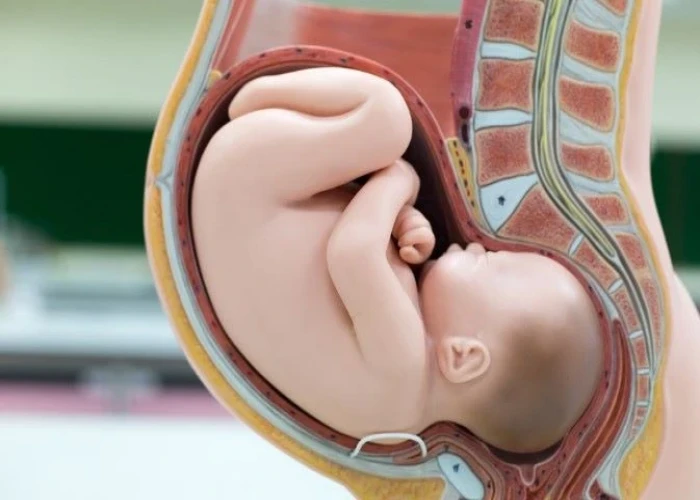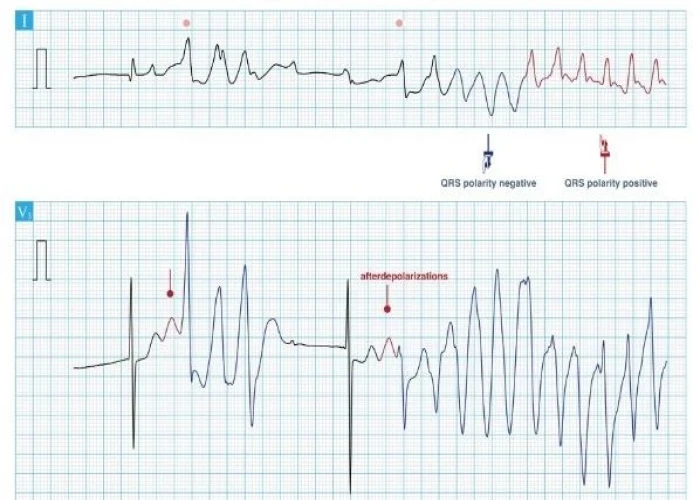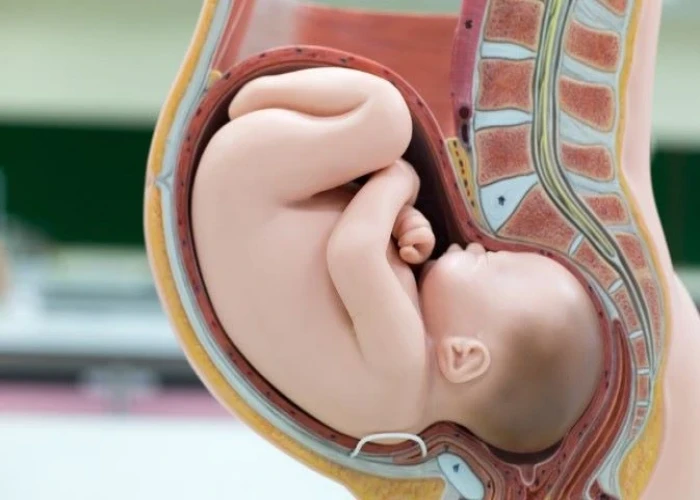 Welcome
Welcome
“May all be happy, may all be healed, may all be at peace and may no one ever suffer."
Polyhydramnios

Polyhydramnios is a medical condition in which there is an excessive accumulation of amniotic fluid in the uterus during pregnancy. This condition occurs in approximately 1% of pregnancies and can have various causes.
Polyhydramnios can result in the uterus becoming overly distended and can cause complications for both the mother and the fetus. Some of the common causes of polyhydramnios include gestational diabetes, fetal abnormalities, twin-to-twin transfusion syndrome, maternal conditions such as preeclampsia, and certain medications.
Symptoms of polyhydramnios may include a rapid increase in uterine size, shortness of breath, difficulty breathing, and difficulty in fetal position. In severe cases, it can cause premature labor or rupture of membranes, leading to premature birth.
Management of polyhydramnios depends on the underlying cause and severity of the condition. Treatment options may include medication, amnioreduction, or induction of labor to prevent complications for both the mother and the fetus.
Regular monitoring of both the mother and the fetus is essential to detect any potential complications early and provide appropriate management. Women with polyhydramnios should work closely with their healthcare provider to develop a personalized treatment plan and ensure a safe and healthy pregnancy outcome.
Research Papers
Disease Signs and Symptoms
- Shortness of breath (dyspnea)
- Inability to breathe
- Swelling in the lower extremities and abdominal wall
- Fetal malposition, such as breech presentation
- Dense clusters of small bumps and blisters
Disease Causes
Polyhydramnios
Some of the known causes of polyhydramnios include:
- A birth defect that affects the baby's gastrointestinal tract or central nervous system
- Maternal diabetes
- Twin-twin transfusion — a possible complication of identical twin pregnancies in which one twin receives too much blood and the other too little
- A lack of red blood cells in the baby (fetal anemia)
- Blood incompatibilities between mother and baby
- Infection during pregnancy
Often, however, the cause of polyhydramnios isn't clear.
Disease Prevents
Disease Treatments
Mild cases of polyhydramnios rarely require treatment and may go away on their own. Even cases that cause discomfort can usually be managed without intervention.
In other cases, treatment for an underlying condition — such as diabetes — may help resolve polyhydramnios.
If you experience preterm labor, shortness of breath or abdominal pain, you may need treatment — potentially in the hospital. Treatment may include:
- Drainage of excess amniotic fluid. Your health care provider may use amniocentesis to drain excess amniotic fluid from your uterus. This procedure carries a small risk of complications, including preterm labor, placental abruption and premature rupture of the membranes.
- Medication. Your health care provider may prescribe the oral medication indomethacin (Indocin) to help reduce fetal urine production and amniotic fluid volume. Indomethacin isn't recommended beyond 31 weeks of pregnancy. Due to the risk of fetal heart problems, your baby's heart may need to be monitored with a fetal echocardiogram and Doppler ultrasound. Other side effects may include nausea, vomiting, acid reflux and inflammation of the lining of the stomach (gastritis).
After treatment, your doctor will still want to monitor your amniotic fluid level approximately every one to three weeks.
If you have mild to moderate polyhydramnios, you'll likely be able to carry your baby to term, delivering at 39 or 40 weeks. If you have severe polyhydramnios, your health care provider will discuss the appropriate timing of delivery, to avoid complications for you and your baby.
Polyhydramnios can be a worrisome finding during pregnancy. Work with your pregnancy care provider to ensure that you and your baby receive the best possible care.
Disease Diagnoses
Disease Allopathic Generics
Disease Ayurvedic Generics
Disease Homeopathic Generics
Disease yoga
Polyhydramnios and Learn More about Diseases

Small vessel disease

Asthma

Bladder cancer

Herniated disk

Scarlet fever

Dysphagia

Long QT syndrome

Diabetic neuropathy
polyhydramnios, পলিহাইড্রমনিয়স
To be happy, beautiful, healthy, wealthy, hale and long-lived stay with DM3S.
